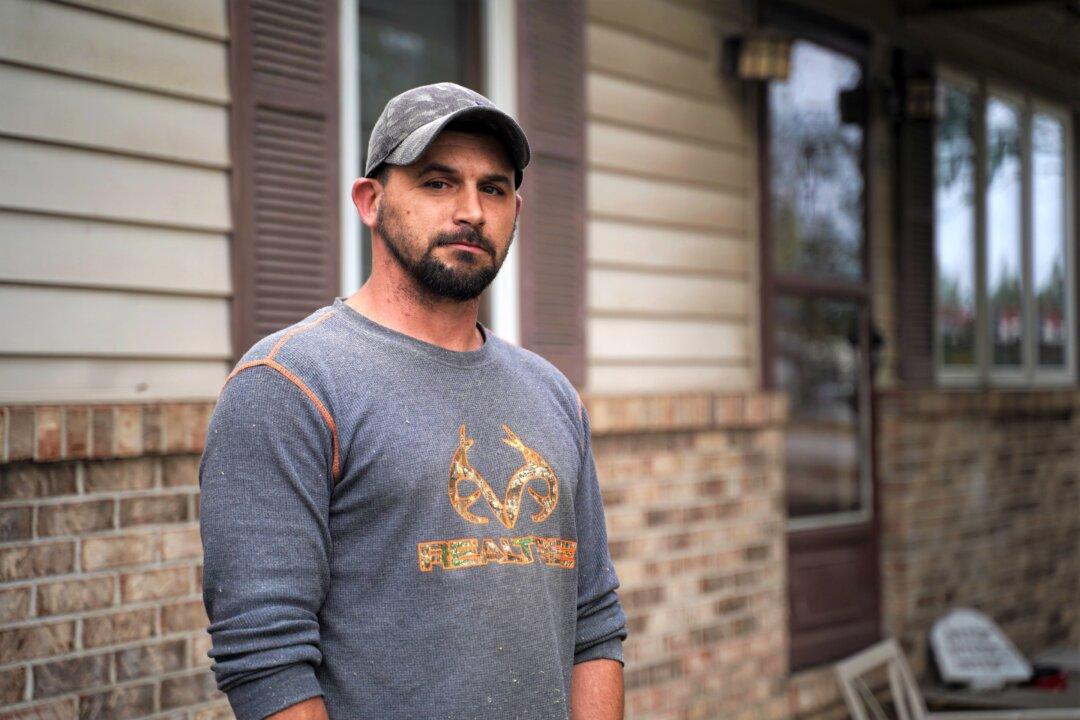TERRE HAUTE, Ind.—For well over a century, voters in Vigo County, Indiana, have backed the winner in almost every presidential election. They missed in 1908 and 1952, but otherwise, the county has well earned its reputation as a bellwether.
It swung from Barack Obama in 2012 to Donald Trump in 2016, and political science professor Matthew Bergbower says it’s something “akin to a purple county.”





